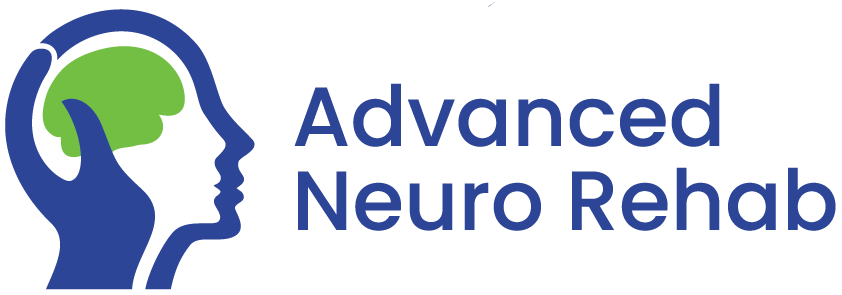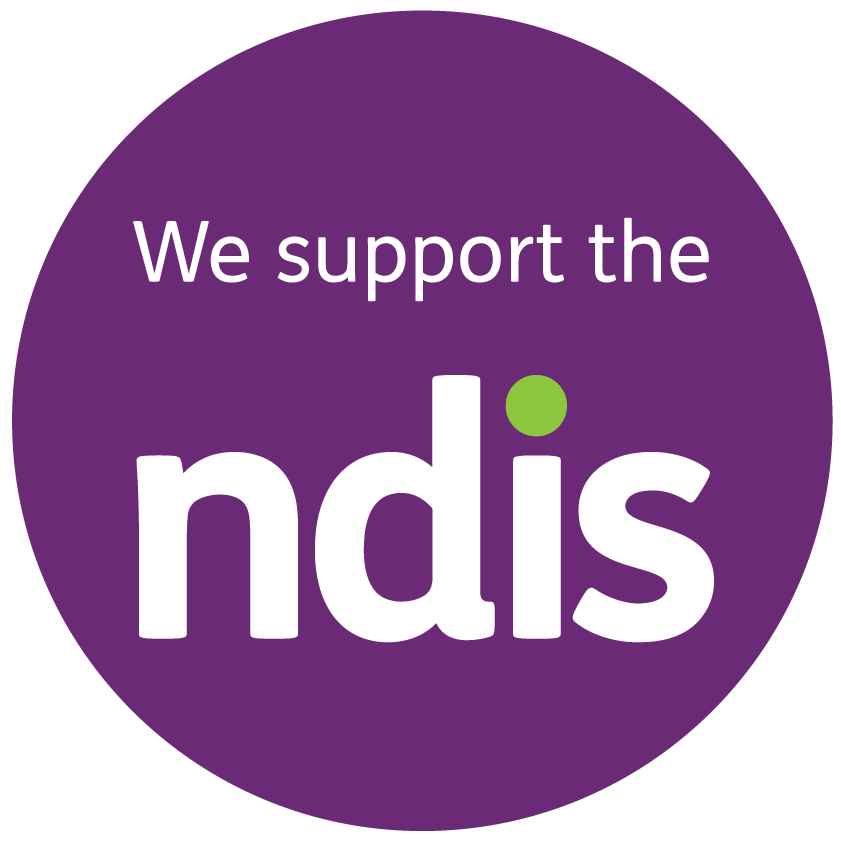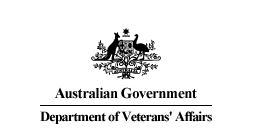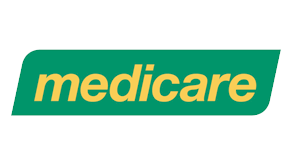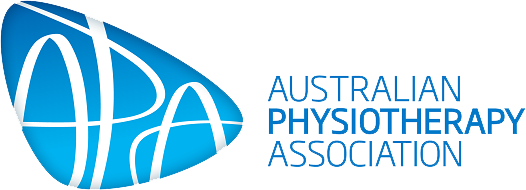Migraines affect more than just the head. They are a complex neurological disorder that can significantly impact daily life. While medication is often front and centre in migraine treatment, physiotherapy is a key component in a well-rounded management plan, particularly when musculoskeletal and vestibular components are involved.
Understanding Migraine Beyond the Headache
Migraines are not just “bad headaches.” They are multifaceted events involving a cascade of neurological symptoms, some including aura, sensory sensitivities, dizziness, neck pain, mood and fatigue. Recognizing this complexity is essential for effective treatment and management.
Why See a Physiotherapist for Migraines?
Our Neurological physiotherapists are trained to assess and treat the underlying dysfunctions that can commonly be associated with migraines, offering an important non-pharmacological option to help manage symptoms through personalised education, self-management tools and important interventions.
Key areas where Neuro physiotherapy plays a role:
- Cervical Spine Dysfunction
Migraines often coexist with musculoskeletal impairments in the cervical spine and temporomandibular joint (TMJ). These areas can contribute to the sensitization of the trigeminocervical regions (head, face, neck), which is involved in headache generation. Manual therapy, posture retraining, and targeted neck exercises can help reduce pain and sensitivity and improve movement and stability. For many people this can help headaches and subsequently help manage migraines.
- Vestibular Dysfunction
Vestibular symptoms like dizziness, imbalance, and motion sensitivity are common in migraines, especially those with a vestibular overlay. Physiotherapists can assess for coexisting conditions like BPPV (benign paroxysmal positional vertigo) and Meniere’s Disease and offer specific vestibular manoeuvres and rehabilitation to recalibrate the balance system and reduce dizziness which worsen migraines.
- Postural and Sensorimotor Rehabilitation
Neck and upper back strength and control can affect head positioning and movement, which are crucial in migraine management. Strength training and aerobic exercise programs designed by physiotherapists can help improve postural endurance and reduce attack frequency. This kind of approach is even more effective when combined with personalised education.
- Aerobic and Strength-Based Exercise
Regular aerobic activity has been shown to reduce migraine frequency and intensity through metabolic changes that influence everything from inflammation, vascular function and reducing peptide levels that contribute to migraines. Physiotherapists can guide safe and graded exercise programs, taking into consideration migraine-specific triggers like overheating, overexertion and overstimulation.
Integrating with Medical Management
While medications, including migraine inhibitors or preventive therapies, are an important part of treatment, they don’t always address the mechanical and sensory drivers of migraine. Physiotherapy complements these treatments by addressing the physical dysfunctions contributing to pain and sensitivity, and by giving personalised advice on exercise and physical activities. Physiotherapists with a special interest in migraine provide valuable support and education and can liaise with other important health professionals involved in you care such as neurologists, GPs and psychologists.
Neurological Physiotherapist at ANR offer a unique and powerful role in migraine management by targeting the physical components that often underlie or exacerbate attacks and combine that with expert support and advice. Whether it’s addressing neck pain, improving dizziness, balance, or promoting exercise, physiotherapists help people with migraines regain control, function, and quality of life.
ANR will be conducting an education evening on migraine with Associate Professor James McLoughlin soon, proving an opportunity to share information, discuss and support people who are quietly suffering with this condition. Follow us on socials for more information to come!
